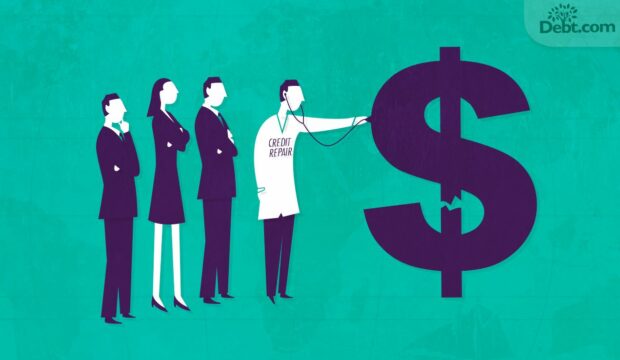Medical debt can destroy a credit score. Earlier this year, a government agency created a rule to stop that from happening.
Now, Republican lawmakers are trying to repeal the rule – and weaken the agency behind it.
In January 2025, the Consumer Financial Protection Bureau (CFPB) finalized a rule banning medical debt from appearing on credit reports. The rule aimed to protect everyday Americans from the long-term financial damage caused by medical bills.
A new national poll of more than 500 Americans finds that 91% of those with medical debt believe it shouldn’t be factored into credit scores. More than 30% said, “Medical debt is often unavoidable and doesn’t reflect financial responsibility.” Only 9% sided with Republican opposition.
The CFPB’s action builds on changes already made by the three major credit bureaus, which previously removed paid medical collections and delayed reporting unpaid medical bills. However, the finalized rule goes further, prohibiting any medical debt from appearing on credit reports used in lending decisions.
Shortly after the rule was finalized, Senator Mike Rounds of South Dakota introduced a resolution to repeal it under the Congressional Review Act.
“The CFPB going beyond their statutory authority to eliminate all medical debt from credit reports is irresponsible and a clear example of regulatory overreach,” Rounds said. “This rule gives credit card companies a less clear credit picture of who they’re lending money to, which could lead to banks limiting access to capital for consumers.”
When medical debt spreads into every part of life
Half of Americans report currently having outstanding medical bills or unpaid medical debt, according to the survey. Of them, more than half say the debt caused damage to their credit scores, with nearly 1 in 3 experiencing a credit score drop of 50 to 100 points.
Nearly 1 in 5 owe more than $10,000 in medical debt, forcing many to drain emergency funds, tap retirement savings, or rack up additional credit card debt.
One in three say they’ve withdrawn all of the money in their emergency fund, while 1 in 4 have dipped into their retirement savings. Another 1 in 5 say their medical debt pushed them “to go further into debt with credit cards and personal loans.”
“Medical debt doesn’t just show up on a credit report – it shows up in everyday life,” says Don Silvesti, President of Debt.com. “It drains savings, delays goals, and forces people to make impossible choices between their health and their finances.”
Medical debt isn’t just a bill
The burden discourages people from seeking further healthcare. Nearly 3 in 5 say they’ve been “avoiding medical care because of their debt.”
Among respondents who believe medical debt should be excluded from credit reports, 3 in 10 said: “Medical debt is often unavoidable and doesn’t reflect financial responsibility.”
Howard Dvorkin, CPA and Chairman of Debt.com agrees.
“We don’t penalize people for getting sick, but that’s exactly what happens when medical debt lowers their credit score,” Dvorkin says. “This isn’t about dodging responsibility – it’s about recognizing that health emergencies shouldn’t derail someone’s entire financial future.”
The American Billing Association has previously reported that 80% of medical bills in the U.S. contain errors – mistakes that “can lead to overcharges, confusion, and difficulty managing medical debt.”
Some survey respondents said the “complexity and inaccuracy of medical billing make it too unreliable to include on credit reports fairly.”
“The data is clear: medical debt isn’t just a bill – it’s a barrier to health, financial recovery, and future success,” says Dvorkin.












